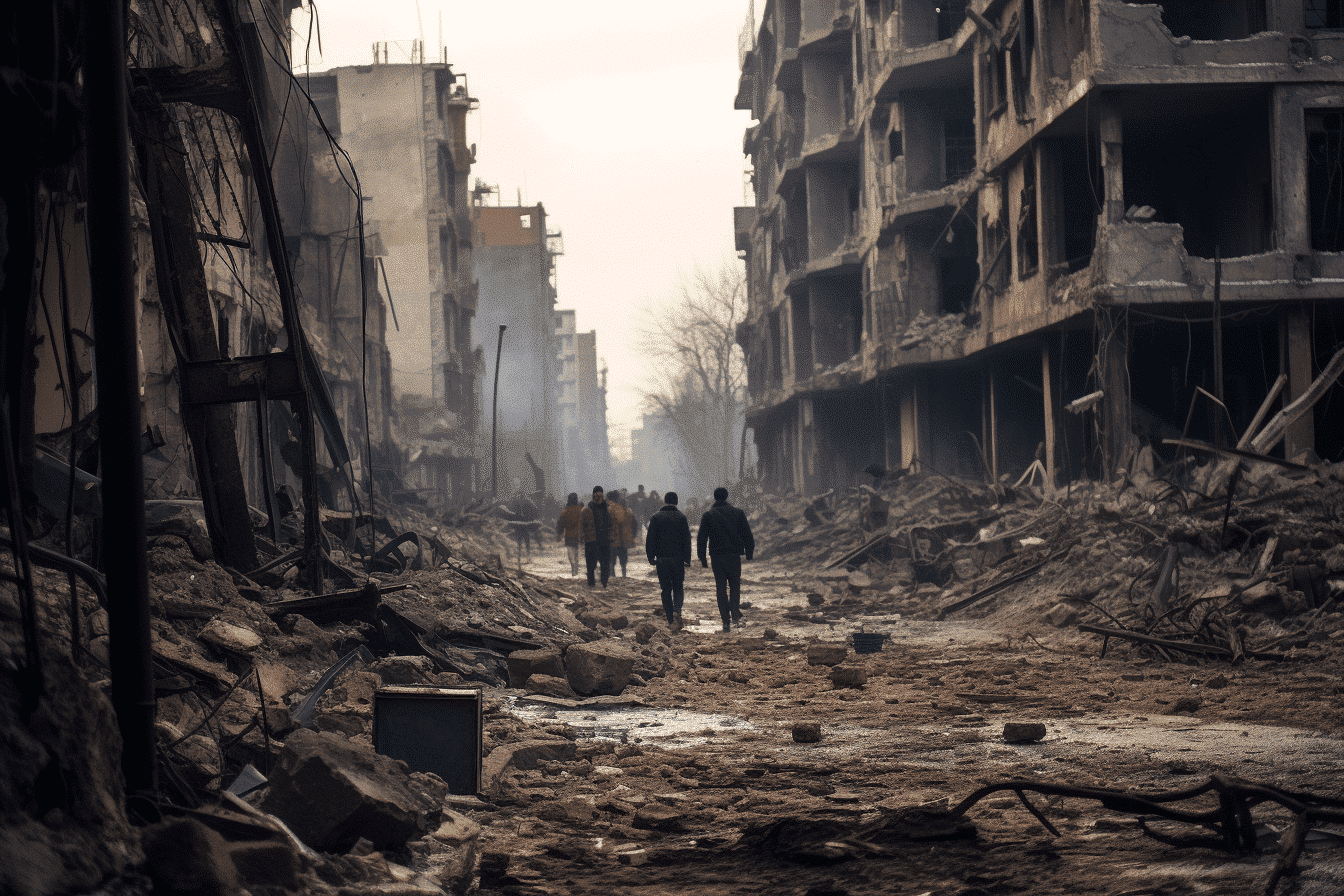The recent Israel-Hamas war has raised concerns about its potential to influence the regional balance of power, global peace, and the world economy. This latest conflict adds another layer of complexity to a world already reeling from the impacts of Covid-19, post-Covid inflation, and the Russia-Ukraine war.
Hamas’ Strategy and the Regional Implications
On October 7, Hamas launched an attack on Israel with the objective of tarnishing its global reputation and disrupting peace efforts in the region.
This strategy appears to be part of a broader plan to use the people of Gaza as martyrs in a greater cause. The implications of this unfolding situation extend beyond human lives, affecting the balance of power in the region and potentially even global peace.
The Economic Shockwaves
The World Bank’s recent Commodity Markets Outlook provides a “special focus” chapter on the potential near-term implications of the conflict in the Middle East. The number of people suffering from severe food insecurity surged by more than 200 million between 2019 and 2021.
This situation has likely worsened due to the Russia-Ukraine war’s impact on food prices and higher energy prices. Another spike in energy prices would exacerbate the crisis. The ultimate economic implications of the war depend on the extent to which it spreads and its ramifications on energy markets.
Potential for a Larger Conflict
History reminds us that small conflicts can escalate into larger ones with far-reaching consequences. During the first world war, a conflict between Austria and Serbia snowballed into a global war involving major powers.
In the current situation, Israel might be seen as a proxy for the U.S., while Hamas and Hezbollah could be seen as proxies for Iran, which itself might be a proxy for Russia or even China. A chain of disastrous events could potentially spread to the Gulf and lead to a conflict among superpowers. Additionally, the region’s regimes could be destabilized by popular anger over the failure to assist Gaza.
The Way Forward
While the ultimate economic effects of the war are yet to be fully understood, it is crucial for policymakers in the region and around the world to work diligently to prevent the conflict from escalating further. It is in the best interests of the billions of people who simply want to carry on with their lives as best as they can.
The world is still in the fossil fuel era, and a conflict in the world’s most important oil-supplying region could have dire consequences for global output and price levels, particularly in the realm of foodstuffs. As the situation continues to evolve, all eyes are on Israel and its next steps in dealing with Hamas and the broader Palestinian issue.




